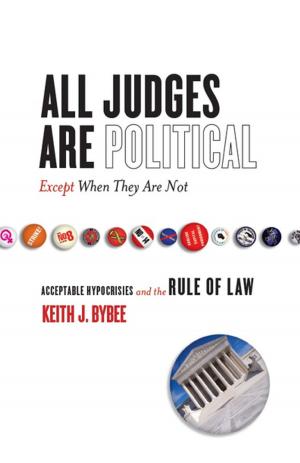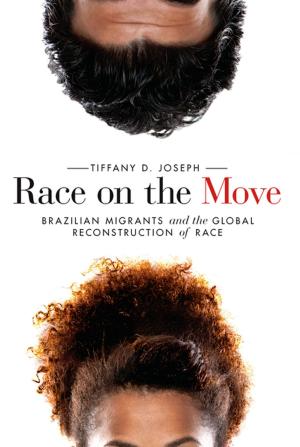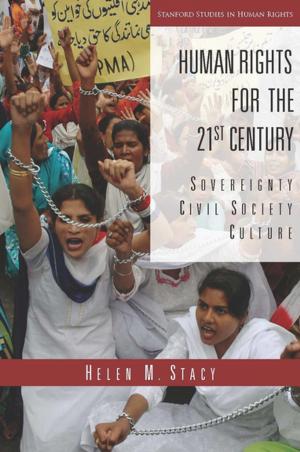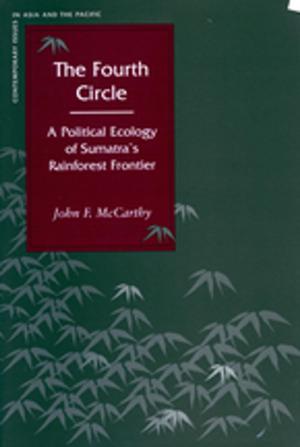The Case of Mistress Mary Hampson
Her Story of Marital Abuse and Defiance in Seventeenth-Century England
Fiction & Literature, Literary Theory & Criticism, British, Biography & Memoir| Author: | Jessica Malay | ISBN: | 9780804790604 |
| Publisher: | Stanford University Press | Publication: | January 29, 2014 |
| Imprint: | Stanford University Press | Language: | English |
| Author: | Jessica Malay |
| ISBN: | 9780804790604 |
| Publisher: | Stanford University Press |
| Publication: | January 29, 2014 |
| Imprint: | Stanford University Press |
| Language: | English |
The centerpiece of The Case of Mistress Mary Hampson is the autobiographical narrative of a 17th-century woman in an abusive and violent marriage. Composed at a time when marital disharmony was in vogue with readers and publishers, it stands out from comparable works, usually single broadsheets. In her own words, Mary recounts various dramatic and stressful episodes from her decades-long marriage to Robert Hampson and her strategies for dealing with it. The harrowing tale contains scenes of physical abuse, mob violence, abandonment, flight, and destitution. It also shows moments of personal courage and interventions on the author's behalf by friends and strangers, some of whom are subject to severe reprisals. Mary wrote her story to come to terms with her situation, to justify her actions, and to cast herself in a virtuous light. The accompanying discussion of her life, drawn from other sources, provides chilling evidence of the vulnerability of seventeenth-century women and the flawed legal mechanisms that were supposed to protect them. Readers are also invited to consider in what ways the self-portrait is accurate and what elements of it may be considered fabrication. Malay's archival efforts have thus rescued a compelling and complicated voice from the past.
The centerpiece of The Case of Mistress Mary Hampson is the autobiographical narrative of a 17th-century woman in an abusive and violent marriage. Composed at a time when marital disharmony was in vogue with readers and publishers, it stands out from comparable works, usually single broadsheets. In her own words, Mary recounts various dramatic and stressful episodes from her decades-long marriage to Robert Hampson and her strategies for dealing with it. The harrowing tale contains scenes of physical abuse, mob violence, abandonment, flight, and destitution. It also shows moments of personal courage and interventions on the author's behalf by friends and strangers, some of whom are subject to severe reprisals. Mary wrote her story to come to terms with her situation, to justify her actions, and to cast herself in a virtuous light. The accompanying discussion of her life, drawn from other sources, provides chilling evidence of the vulnerability of seventeenth-century women and the flawed legal mechanisms that were supposed to protect them. Readers are also invited to consider in what ways the self-portrait is accurate and what elements of it may be considered fabrication. Malay's archival efforts have thus rescued a compelling and complicated voice from the past.















